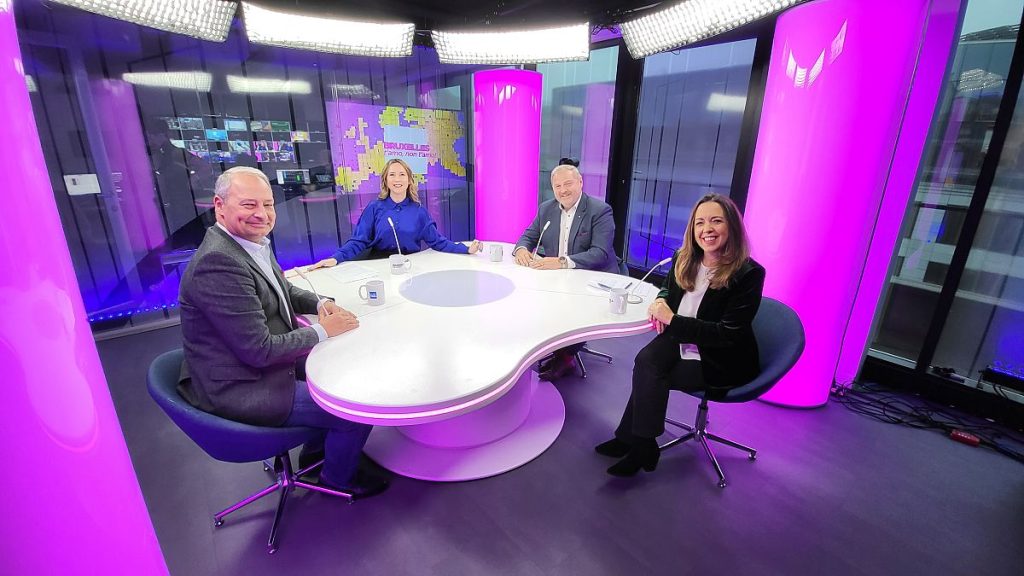Austria’s Political Landscape: A Shift Towards the Far-Right
Austria’s political arena is in turmoil following the resignation of Chancellor Karl Nehammer. The far-right Freedom Party of Austria (FPÖ), led by Herbert Kickl, is poised to take the reins of power, potentially forming a coalition with the center-right Austrian People’s Party (ÖVP). Kickl, known for his staunch anti-EU, anti-NATO, and xenophobic stances, embodies a significant departure from traditional Austrian politics. This potential shift towards the far-right has raised concerns both domestically and internationally, with critics apprehensive about the implications for Austria’s relationship with the EU and its commitment to international alliances. The rise of the FPÖ can be attributed to various factors, including economic anxieties, anxieties about immigration, and a growing disillusionment with mainstream political parties. The ÖVP’s willingness to collaborate with the FPÖ highlights the changing political landscape and the normalization of far-right ideologies within Austria’s political discourse.
NATO’s New Leadership: Forging Stronger Ties with the EU
NATO Secretary General Mark Rutte, former Prime Minister of the Netherlands, embarked on a diplomatic mission to strengthen relations between NATO and the EU. Recognizing the importance of a unified front in the face of geopolitical challenges, particularly the ongoing conflict in Ukraine, Rutte prioritized fostering closer cooperation and increased defense investment. His visit to the European Parliament signaled a commitment to open dialogue and collaboration with EU institutions and political parties. Rutte’s emphasis on bolstering European defense capabilities reflects the growing sense of urgency within NATO to address evolving security threats. The war in Ukraine has underscored the need for a robust and coordinated response to potential aggression.
The Ukrainian Conflict: A Defining Moment for European Security
The panel discussion underscored the profound impact of the war in Ukraine on European security. Riho Terras, an Estonian MEP and former army general, emphasized the potential consequences of a Russian victory, warning of a destabilized region and the emergence of new security challenges. He stressed the geographical proximity of Ukraine to major European capitals, highlighting the interconnectedness of European security and the need for collective action. Terras’s remarks emphasized the urgency of supporting Ukraine and deterring further Russian aggression. The conflict has galvanized European nations and reinforced the importance of transatlantic alliances in maintaining peace and stability.
Austrian Politics: A Deeper Dive into the Coalition Dynamics
Andreas Schieder, an Austrian socialist MEP, offered insights into the complexities of Austrian coalition politics. He attributed the rise of the FPÖ to a combination of factors, including the ÖVP’s strategic decisions and the unfolding economic situation. Schieder criticized the ÖVP for its perceived willingness to engage with the far-right, suggesting that this approach has contributed to the normalization of extremist ideologies. He also raised concerns about the transparency of Austria’s financial situation, implying that the full extent of the country’s economic challenges was not revealed prior to the elections. Schieder’s perspective sheds light on the internal dynamics of Austrian politics and the factors that have contributed to the current political landscape.
The Future of Media: Navigating the Digital Age
The panel also addressed the evolving media landscape and the challenges posed by the proliferation of online information. Marta Mucznik, an EU senior analyst, emphasized the importance of traditional media outlets in providing context and verifying information. She cautioned against the uncritical consumption of social media content, highlighting the risks of misinformation and propaganda. Mucznik’s perspective reflects the ongoing debate surrounding the role of media in a digital age, where access to information is abundant but the reliability of that information can be questionable. The discussion underscores the need for media literacy and critical thinking skills in navigating the complex information environment.
Conclusion: A Complex Interplay of Political and Security Challenges
The convergence of these diverse topics—the rise of the far-right in Austria, NATO’s efforts to strengthen ties with the EU, the ongoing conflict in Ukraine, and the evolving media landscape—highlights the interconnectedness of political, security, and informational challenges facing Europe. The discussions within the panel reflected the complexities of these issues and the need for thoughtful analysis and strategic responses. The potential for a far-right government in Austria, the importance of transatlantic cooperation in addressing security threats, and the need for critical engagement with information sources all underscore the dynamic and challenging environment in which European policymakers must operate. The insights shared by the panel provide valuable context for understanding the current state of European affairs and the challenges that lie ahead.














